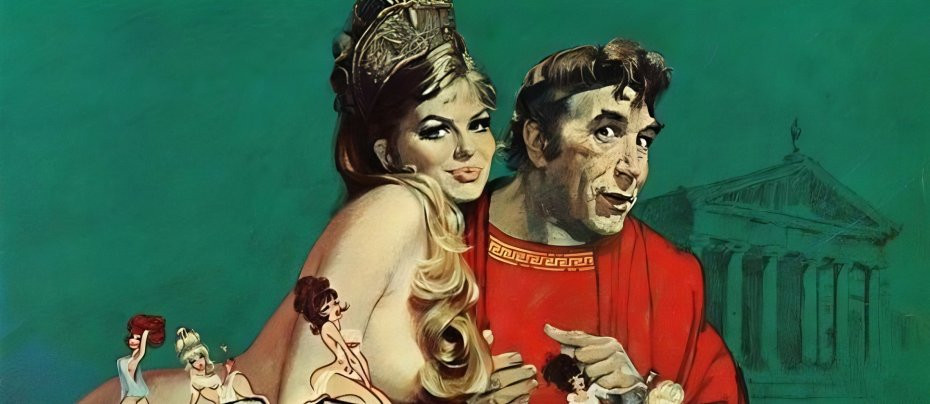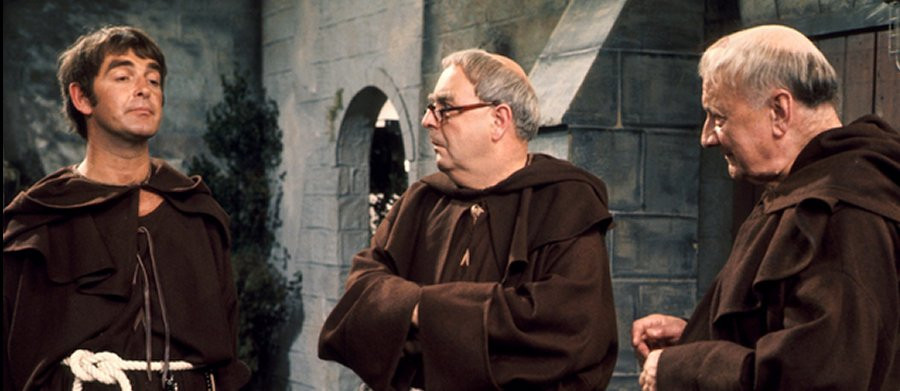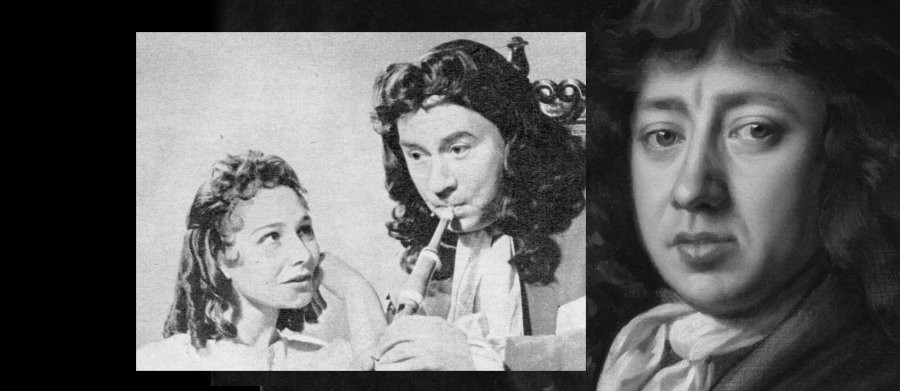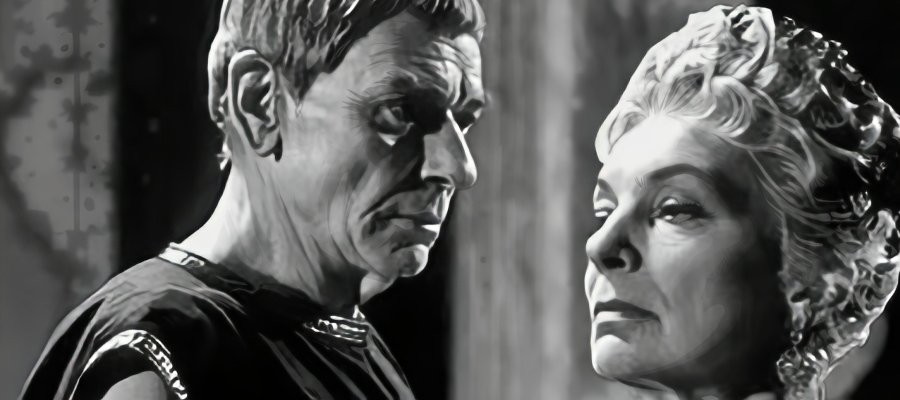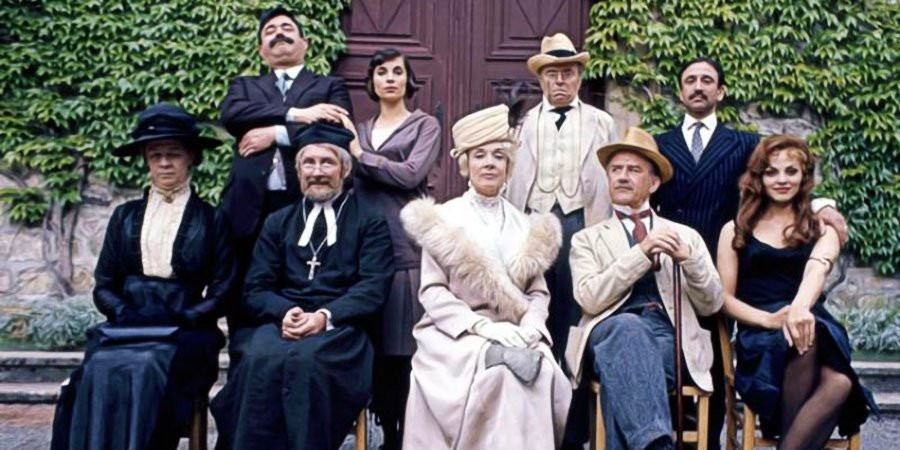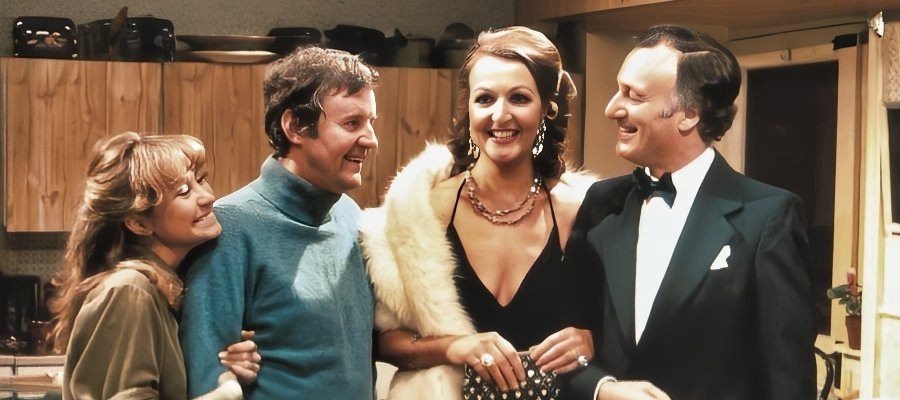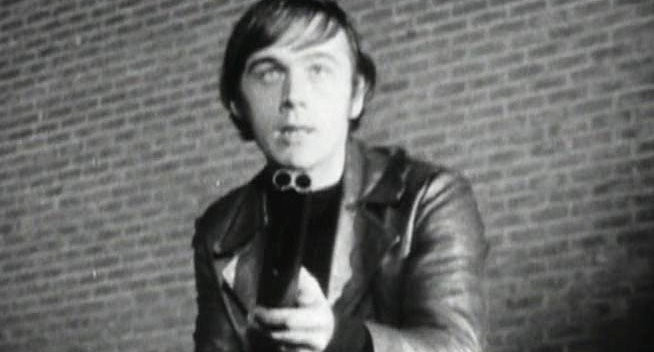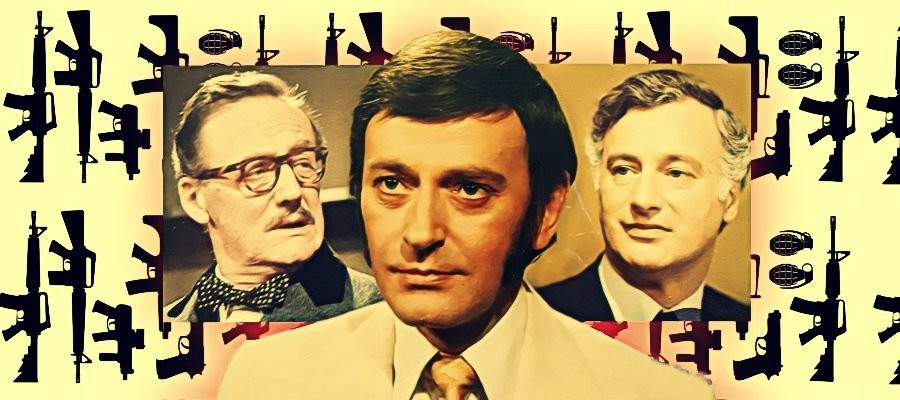
Hine
1971 - United KingdomA Provocative Dive into the Morality of the Arms Trade
Joe Hine is a travelling salesman like no other. Clocking up half a million air miles a year, he passes through London Airport as casually as one might hail a cab, his passport declaring him simply as a "salesman". It’s a convenient euphemism for a man whose business is as controversial as it is profitable: Hine is an arms dealer.
But Hine is no back-alley gunrunner. He operates with full government sanction; his exports approved via official licences. He is, in every legal and technical sense, legitimate. And yet, in a business riddled with contradiction, hypocrisy and high-stakes geopolitics, Hine remains an unapologetically independent operator. “I’m a dealer, not a politician,” he declares, unmoved by the philosophical and moral arguments that swirl around his trade. For him, it's business — no more shameful than oil, steel or pharmaceuticals.
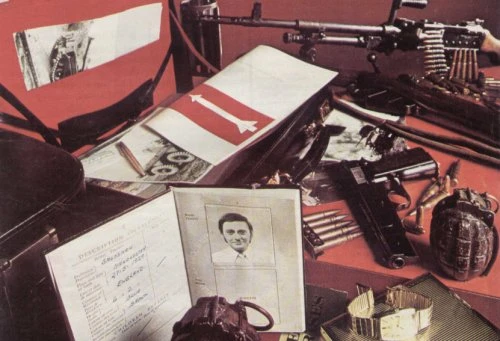
Played with assured authority by Shakespearean actor Barrie Ingham, Hine is a compelling figure: extroverted, shrewd, and unashamedly pragmatic. His main target in life - a £100 million-plus package deal for radar, jet fighters and missiles – that would allow him to retire in style. But Hine butters his bread from more modest deals in guns. He sees the irony of idealists coming to him for weapons of death. He wears no heart on his sleeve for the victims of war and rebellion, but he hates the poverty he sees so much of in the Middle East and Africa.
Ingham brings to the role a certain wilful self-possession that makes the character both engaging and uncomfortable to watch — a man who thrives on the tension between profit and conscience yet appears largely unburdened by either.
Supporting performances from Colin Gordon (as the bureaucratic Walpole Gibb), Paul Eddington (the smooth corporate executive Astor Harris), and Sarah Craze (as Susannah Grey) flesh out a world where politics, commerce and personal ambition collide. Appearing only in single episodes of the thirteen-part series were Lee Montague, Ann Lynn, Timothy West, Nigel Hawthorne, Maxine Audley, Reginald Marsh, John Savident, Rudolph Walker, Jack Smethurst, Madeline Smith and Robert Dorning.
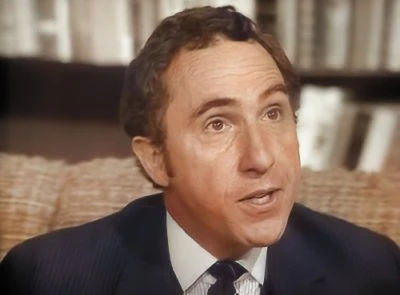
Wilfred Greatorex, known for The Plane Makers, The Power Game, and Secret Army, spent two years developing Hine, aiming to strip back the veil of secrecy surrounding an industry many would rather ignore. His ambition was clear: to create a series that didn’t flinch from the ethical dilemmas at the heart of the arms trade, while probing the psyche of the men who make it their livelihood.
"I have been asked 'why'". He told the TV Times in April 1971. 'Why an arms salesman? Aren't there interesting TV characters to be found in less notorious fields?' Well, yes, but that's the point. I wanted to probe a man produced by an age which is turning most of us into practical survivors, with all the trimmings and compromise that's involved. I wanted to probe the arms trade where every deal brings those taking part face-to-face with ultimate morality. And the temptation was great to prise open this enormous oyster, tight in its security bed."
Greatorex went on to reveal that this series, more than any other, had caused much argument among the programme team about the issues involved. "From the start the writers were variously intrigued, and every writer I approached contributed a play to the series. All had plenty to say about Hine and the whole ethos of the arms game. So too, have the directors and the associate producer."
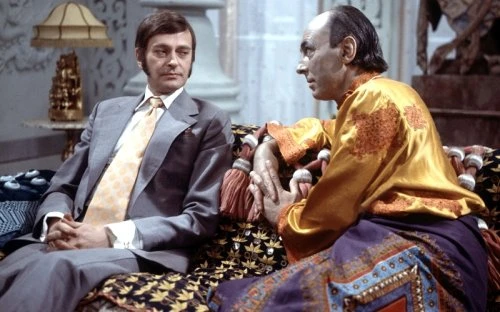
Yet the show did not launch without criticism. Writing in The Stage, Miriam Sharman called the first episode “painfully slow,” citing a lack of narrative sharpness and a reliance on stereotypes. Indeed, the opening storyline — in which Hine secures a lucrative Middle Eastern arms deal through charm, cunning, and a well-timed film reel — sets the stage more than it delivers true dramatic weight. But even Sharman conceded that Greatorex’s track record and thematic ambition gave cause for optimism.
What Hine ultimately offers is something rarely attempted on television, especially in the early 1970s: a clear-eyed, unromanticised portrayal of a morally fraught profession, embedded in the mechanisms of state and commerce. The writing is at times didactic, and the direction occasionally flat, but the ideas underpinning the series remain provocative and disturbingly relevant.
Hine doesn’t ask for your approval. Much like its central character, it simply lays out the facts of the trade and dares you to judge. In doing so, it carves out a place in British television history as a daring, if imperfect, meditation on conscience, commerce and complicity in a world that often prefers its truths hidden.
Seen this show? How do you rate it?
Seen this show? How do you rate it?
Published on September 26th, 2025. Written by Laurence Marcus for Television Heaven.



